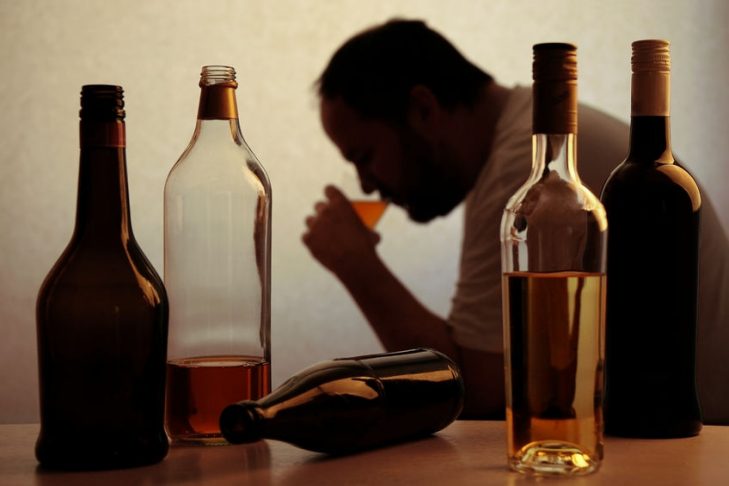Relapse Prevention
At Cornerstone, one of our main focuses is on Relapse Prevention due to the high rate of relapse following traditional drug treatment.
Within addiction discourse, a relapse is cited as a shift back to addictive behaviors during an attempted period of recovery. By explicitly focusing on relapse in recovery, individuals are able to make preparation in the event of a relapse. A relapse will bring with it a number of challenges along with emotions of guilt and blame which can lead to further profoundly negative behavior. Cravings become overpowering and, regrettably, the chance of relapse during this recovery phase is particularly high. It is essential that individuals surrounding a patient are aware of these facts and any potentially challenging situations which may arise during the process.
Relapse Prevention Therapy, or RPT, is a form of cognitive-behavioral therapy that seeks to mitigate opportunities for relapse during a phase of treatment. Coping mechanisms to deal with high-risk situations equip patients with the necessary tools to deal with these potential situations arising in the future. By pre-planning for these situations, patients are shown which feelings and emotions are intrinsically linked to relapse. At Cornerstone, we have noticed recurring patterns of emotion which lead to relapse – and educate our clients on the emotions. The most pertinent emotions we have found that lead to relapse are boredom, hunger, anger, loneliness, and tiredness – commonly known as BHALT.
RPT teaches participants to be aware of these emotions and employ coping mechanisms they’ve been taught by our experts. A patient's surroundings are often the biggest factors in determining whether a patient will relapse. Such an environment will bring with them intense cravings, these cravings are often neurologically linked to feelings associated with places or people. This psychological link is very strong and often uncontrollable; blood can initiate cravings for those who have intravenously used drugs, whereas objects that look similar to narcotics can also trigger the same response. RPT arms patients with the ability to identify these cues and implement a coping strategy to deal with these cravings.
Shifting the patient’s perspective of relapse from a negative one to a positive one is a cornerstone of this form of therapy. Failure, in this sense a relapse, can have devastating effects on a patient's ability to recover as it often reinforces the idea that they are unable to recover. This poses a number of challenges during the recovery process, as it fulfills the idea that the patient is unable to complete rehab and, will therefore return to addictive behaviors.
By changing the perspective from which patients view relapse, Cornerstone staff is able to reinterpret relapse as prolapse; providing patients with a priceless opportunity to learn new skills and improve existing coping mechanisms. By shifting perspective, RPT is able to rationalize failures as learning curves whilst reducing the amount of harm and time the patient spends in this relapse phase. ‘Lapses’ replace relapses and thus alter the patient's perspective on future relapses into addictive behavior.
At Cornerstone, we will teach our residents to live by a new code of rigorous honesty, stay connected to a sponsor and the treatment community, and make better choices. Other topics within our Relapse Prevention Program include an explanation of codependency, enabling behaviors, family dynamics, control issues, acceptance, and many other topics essential to continued sobriety.
Cornerstone believes chemical dependency is a disease that is chronic, progressive, treatable but not curable. It is a disease that can be placed in remission but is also highly prone to relapse.
We believe both the disease and its relapse are best treated through physical stabilization, psychological education, self-confrontation, and social rehabilitation.
We believe those seeking treatment are not guilty of having the disease but are responsible for its management.
We believe abstinence is the beginning of the recovery process. Full recovery is a total lifestyle change.
We believe relapse is a process, not an event; a process that can be identified, interrupted, and managed.
If you or a loved one is suffering from drug or alcohol addiction relapse, contact us at (714) 547-5375 for more information and help.
Back to the homepage: Rehab in Orange County







